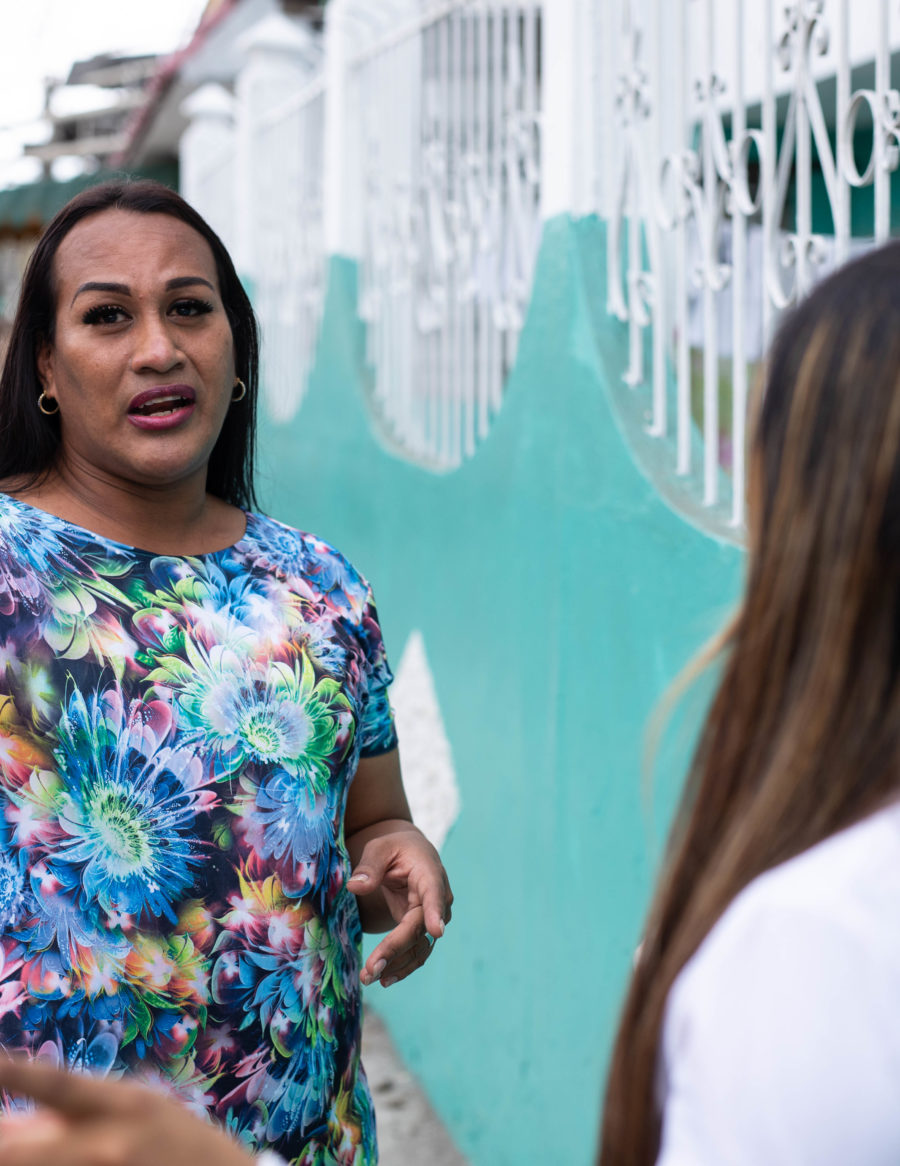COVID-19 is a global health emergency, but it has also drawn attention away from other health priorities, and poses a serious threat to the HIV and TB responses. We cannot allow this and need to step up our advocacy to demand access to quality health services and protection of human rights.
Many Frontline AIDS partners are doing just this. They have adapted their ways of working and are continuing to have an influence.
If you or your organisation wants to do the same, then you have come to the right place. In this hub we have gathered together a pack of resources to guide and support you on COVID-19 advocacy.
Advocacy opportunities
These are some of the key policy and advocacy processes that we can engage in, as activists. They are not one-off events but ongoing opportunities for us to influence at the national and global level.
COVID-19 national responses
- In your country, visit your Ministry of Health website to find out more about the national COVID-19 response including any national committees or mechanisms that have been set up. Your organisation may want to push to bring your HIV expertise to help shape the national COVID-19 response.
- You can also check if there are civil society collaborations or platforms that are coordinating their advocacy in particular on behalf of marginalised communities.
COVID-19 global response
- The Access to COVID-19 Tools (ACT) Accelerator, is a global collaboration to accelerate development, production, and equitable access to COVID-19 tests, treatments, and vaccines.
- Following persistent advocacy, civil society representatives are involved across the different pillars of the ACT Accelerator. There is a coordination platform to gather inputs from civil society, consult on key documents and support the civil society representatives in their role.
- Check out and join the global movement demanding a People’s Vaccine, urging governments and pharmaceutical companies to ensure that COIVD-19 vaccines are produced rapidly at scale and made available to all people, in all countries, free of charge.
UN High Level meeting
UNAIDS: Strategy development
- UNAIDS is developing its new global AIDS strategy through wide consultations and input from community and civil society organisations. Due to be finalised in March 2021, it will include global targets for 2025, resource needs estimates and will shape the next UN High-Level Meeting on AIDS.
Global Fund: Strategy development & Partnership Forums
- The Global Fund are holding a series of consultations to develop their new strategy. Partnership Forums in February and March 2021 are a critical opportunity for community and civil society organisations to contribute to this process.
Human rights: National & international processes
- As the leading UN entity on human rights, The Office of the High Commissioner for Human Rights (UN Human Rights) has issued statements and guidance calling on governments to not undermine human rights in their responses to COVID-19.
- Activists lead human rights responses in their country – they provide evidence, make interventions to report and stop human rights violations and help hold their governments to account. You can work with human rights organisations in your country to act at national (each country has human rights bodies and mechanisms) or global level.
Women’s rights/gender equality
- The Commission on the Status of Women (CSW) meets every year to promote women’s rights, shape global standards on gender equality and monitor and review progress in the implementation of the Beijing Declaration and Platform for Action. Read more on how civil society organisations can engage in the CSW in March 2021.
- The Generation Equality Forum to be held in June 2021 is civil society-centred and will focus on action, implementation and accountability for gender equality and commitments made under the 1995 Beijing Declaration and Platform for Action. Civil society organisations are involved in the 6 Action Coalitions and an Advisory Group.
Funding for HIV, TB and health
Countries are committed to increasing their investment in health but in reality, few were achieving this even before COVID-19. It is critical to join with other civil society groups to campaign for greater domestic funding for health as well as more accountability on where and how the funds are spent.
Many countries remain highly dependent on donor funding for HIV and TB.
- The Global Fund is one of the largest funders and civil society organisations are engaged throughout its processes from developing funding proposals to monitoring implementation. At national level, civil society including marginalised communities are represented on their Country Coordinating Mechanism (CCM) and globally, through the Board delegations. Civil society can also influence through country dialogues.
- PEPFAR’s Country Operational Plan (COP) is the U.S. government’s plan for annual investments in national HIV responses. Civil society groups come together to co-ordinate their demands and advocacy as these plans are developed. Read the 2021 COP guidance for all countries.
Sustainable Development Goals (SDGs) & Universal Health Coverage (UHC)
- Governments are committed to achieving the 17 Sustainable Development Goals (SDGs) by 2030. The UN High-level Political Forum (HLPF) meets annually to monitor progress on these goals, through thematic reviews and Voluntary National Reviews – which are led by governments and should include input from civil society. The theme for HLPF in June 2021 is COVID-19.
- Governments have signed up to the target of UHC as part of their overall commitment to achieving Goal 3 on Good Health and Well-Being. UHC2030 provides a global platform for stakeholders to connect, work together and influence these national and international commitments.
- The Civil Society Engagement Mechanism for UHC2030 is the civil society element of UHC2030 and advocates for UHC policies that are inclusive and equitable including for the most marginalised and vulnerable populations.







